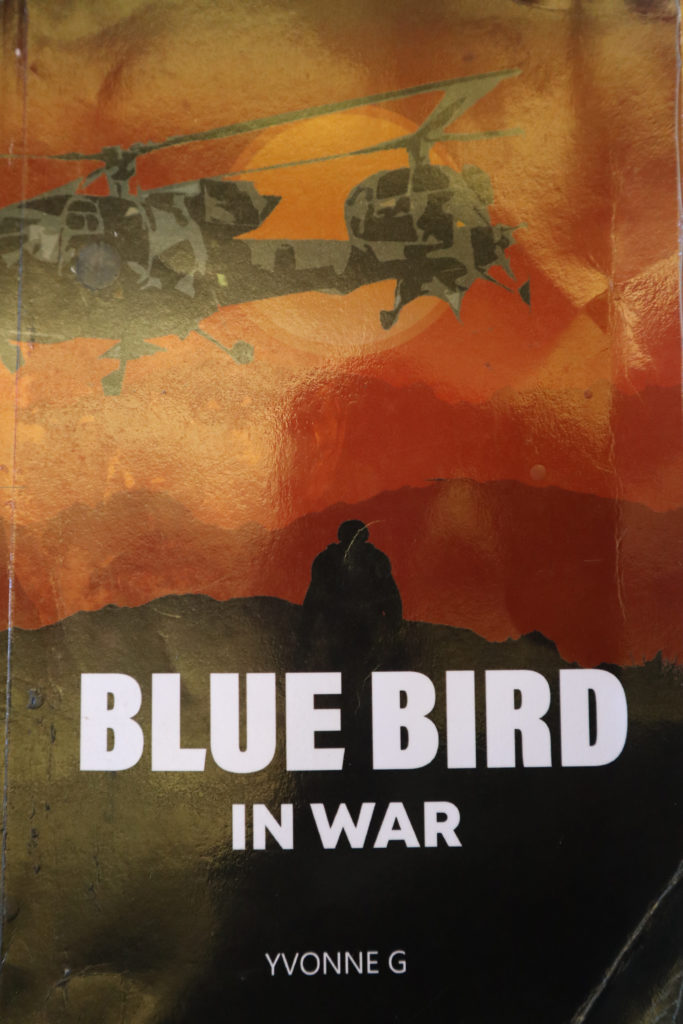FOR many of us, Zimbabwe’s arduous war of liberation, which took place over four decades ago, is increasingly becoming a distant blur. To complicate matters, most available accounts of the Second Chimurenga, both fiction and non-fiction, largely dwell on politics and social protest. That is why Yvonne G’s new book ‘Blue Bird in War’ is such a breath of fresh air.
‘Blue Bird in War’ is a story of oppression and war from a young girl’s perspective. The main protagonist is Sarah-a poor village girl abandoned by her family to fend for herself in the midst of a raging war. Left at the mercy of marauding Rhodesian soldiers, Sarah had no choice but to join the liberation war forces where Comrade Ropa took the delicate village girl under her wing. Just like Sarah, Ropa was forced by circumstances to join the war. Frustrated by her father’s refusal to send her to school, Ropa decided to join the war as a 15 year old to escape the biting poverty her family was languishing in.
For Sarah, Ropa and another young female combatant called Muchaneta, being at the war front was brutal and harsh. Not surprisingly, they routinely faced many challenges including irregular menstrual flow and no menstruation whatsoever.
Apart from Sarah, who assumed the nom de guerre Tamburiraihondo, the other central character in the book is a white man called Edward. Despite living in a picture-perfect house, complete with all the trappings that reflect a comfortable life, Edward cut a forlorn figure among fellow white people who detested his cordial relations with black people. Edward’s parents, who held him responsible for the death of his twin sister in a freak accident, particularly loathed their son’s close bond with their African housemaid called Mama Zee.
Despite his deep-seated opposition to white supremacy, Edward, an arms specialist, whose company manufactured and supplied clay mines and bullets to the Rhodesian army, was forced to join the war by the Rhodesian Foreign minister to save his struggling company. As fate would have it, Edward met and befriended Sarah and commander Paradzai. At the time, Edward was unaware that Sarah was the estranged daughter of his worker Muchacha.
In addition to, among other things, laying bare the challenges that befell young girls like Sarah during the war, Yvonne G has come up with a solid and credible book that has, in many ways, humanised the war of liberation. The writer, whose late mother joined the liberation struggle as a young girl, shows throughout the book that the men and women who defeated the Rhodesians were courageous combatants who, just like us, also had human frailties.
Take Comrade Hondo, for example. On face value, he was a scary combatant who appeared incapable of harbouring feelings for anyone, let alone romantic ones. Yet behind Comrade Hondo’s unemotional veneer, lived a lover; a mere mortal who had violated the liberation fighters’ code of conduct and impregnated Comrade Ropa.
In ‘Blue Bird in War,’ Yvonne G has penned a book that deserves to be submitted to the curriculum development unit to be considered as a set book.
